Health trends have taken off on social media, with fitness and health influencers racking up millions of views per post. A variety of videos have been posted to the internet, including a variety of these “health trends.” From the carnivore diet to people documenting their fitness journey, posting about food and fitness has become popular in recent years. Typically, people would think that this increase in health-related videos would have a positive effect on the audience. But what if it didn’t? Many students at Chamblee High School share the opinion that these videos have the opposite effect.
“I think people are too obsessed [with their health]… I’ve seen people try to go so far to achieve [perfect health] when it’s okay to not be perfectly healthy,” said Autumn Bouldin (‘27).
In addition to affecting people’s physical health, some of these students also brought up the mental effects of being exposed to this type of content.
“If you’re surrounding yourself with this potentially faked content, you will definitely feel worse about yourself,” said Delphi Li Arthur (‘27).
Among the plethora of different trends that have arisen from social media, increasing protein intake has gained traction lately. According to recent data from the CDC, U.S. adults eat an average of 2.9 ounces of protein per day, roughly 20% more than is recommended. However, some students believe that this increase in protein intake isn’t an issue.
“There’s no harm in [protein powders and bars]. They have extra protein, a couple of extra calories, and are not too much work to just pack into your lunchbox every day,” said Maanas Kudrimoti (‘27).
Other students had different ideas, aligning more with opinions like that of Nancy Rodriguez, a former professor of nutritional sciences at the University of Connecticut. She believes that had people not been consuming enough protein, there would have been signs of malnutrition.
“Protein powder is good if you’re trying to build muscle. But it’s all in relation to everything. If that’s your goal for a sport, to build muscle, then protein bars and protein powder are good for you. But if you’re just a regular Joe Schmoe, you don’t really need it,” said Addison Byrd (‘27).
Another trend that has become popular recently is related to electrolytes. According to MedlinePlus.gov, electrolytes are minerals and nutrients that the body needs to replenish energy after engaging in a strenuous activity. Additionally, according to the Cleveland Clinic, overconsuming electrolytes can lead to a variety of symptoms like nausea, breathing difficulties, and fatigue. Because of this, they don’t often recommend electrolytes to individuals who don’t regularly engage in demanding exercises. Despite this, some students may choose to drink electrolyte packets often for different reasons.
“I have a nervous system condition, so I need to have a lot of sodium every day in order to stay functional… I love electrolytes, but I don’t think that the average person needs to be using them,” said Sophie Price (‘26).
Other individuals held similar sentiments to Price, choosing to stay away from them altogether.
“I don’t really drink Gatorade… I just generally drink water and don’t bother with [electrolytes],” said Nikolas Dyer (‘27).
Overall, it seems as though these trends have taken hold of people a lot lately, regardless of how beneficial the actual trends are. Some students think this may be a cause for concern.
“I think everyone’s a little too obsessed because we started off where no one even really cared about their health,” said Leah Taylor (‘29), “and they kind of went to a whole other extreme with being too obsessed with it.”

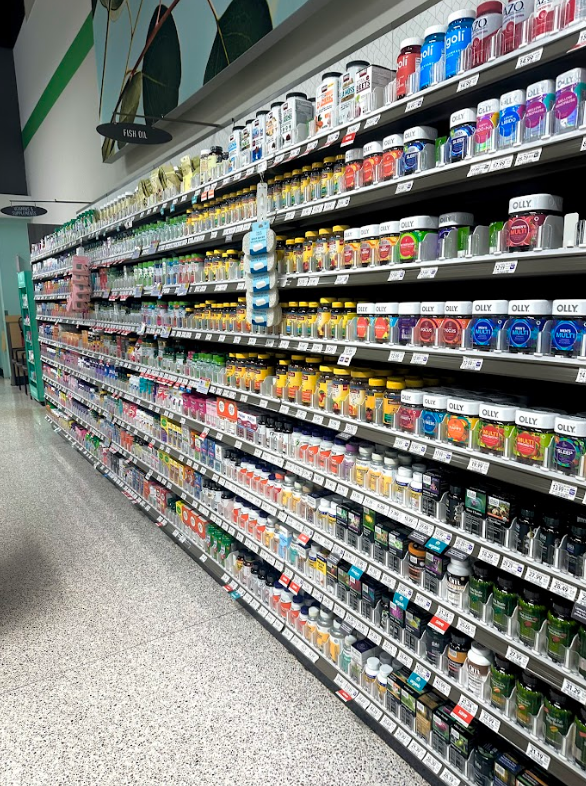




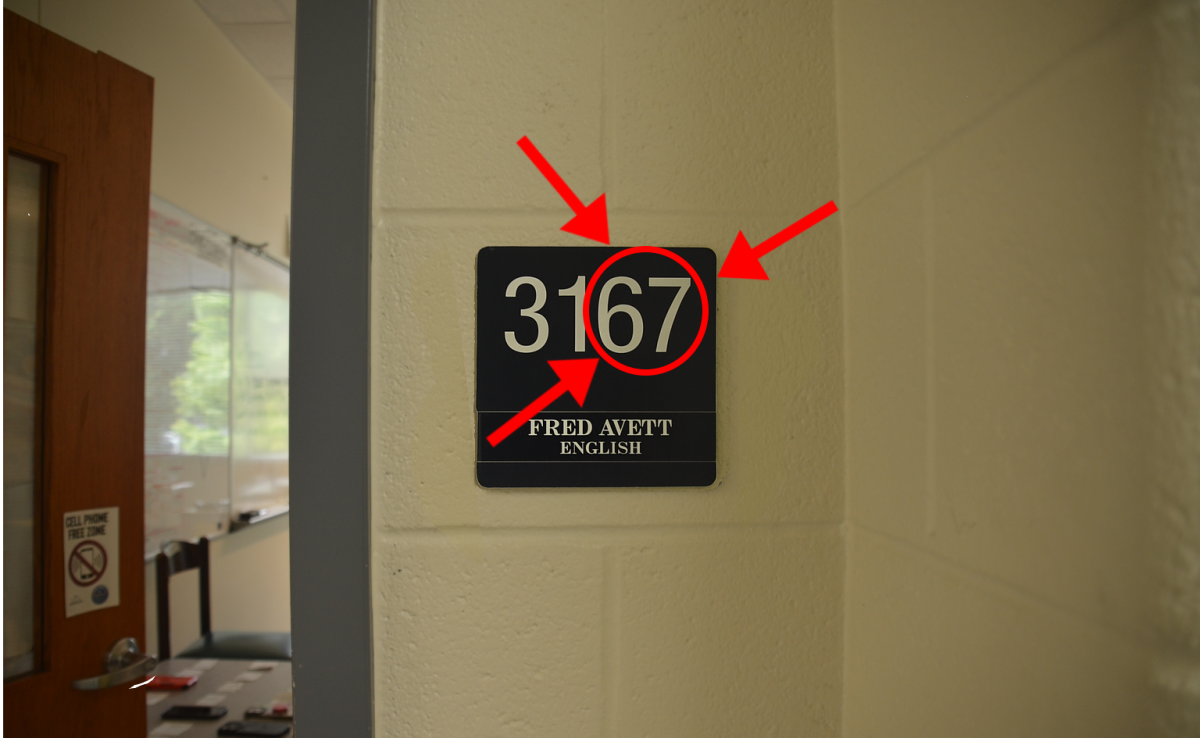

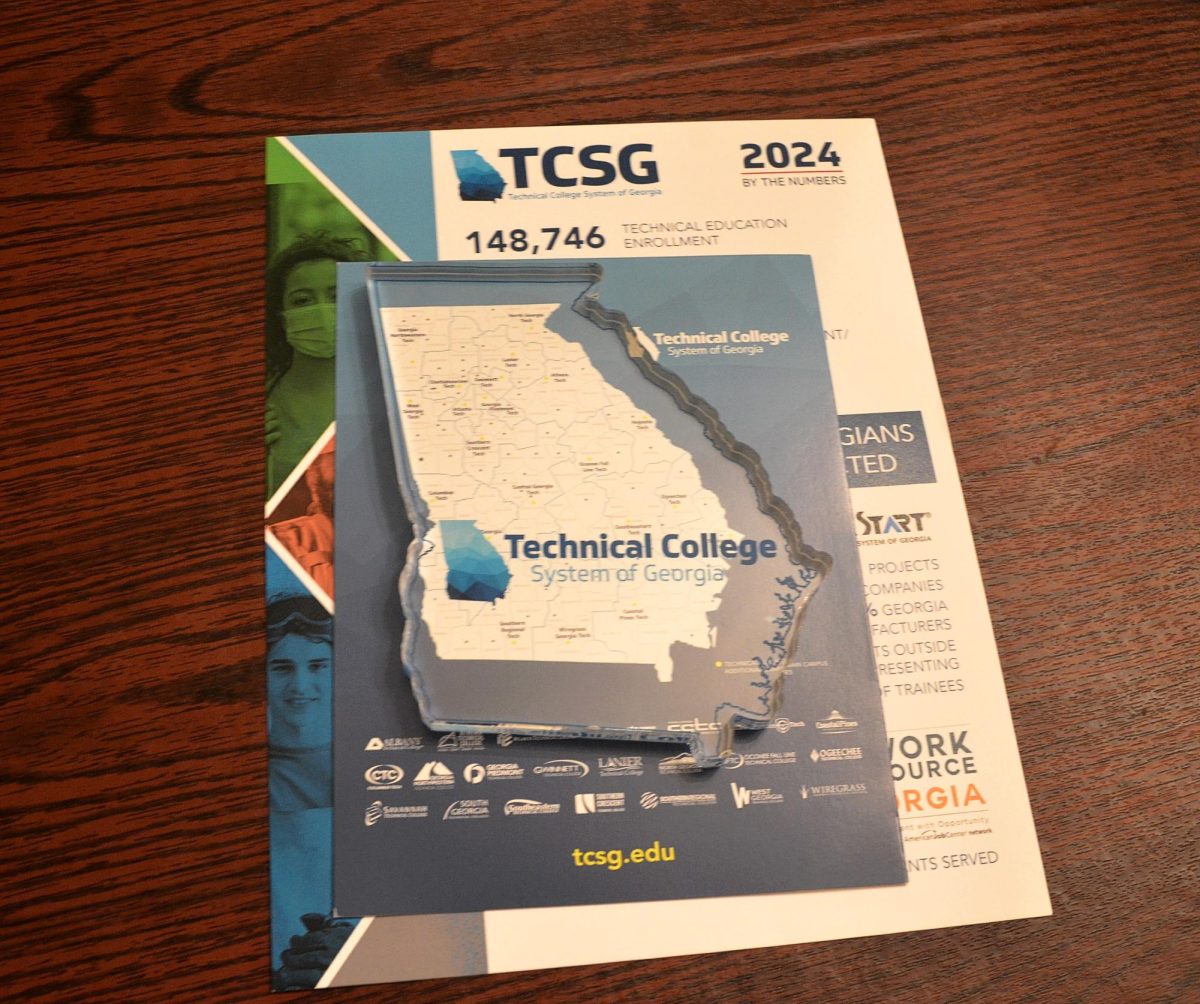

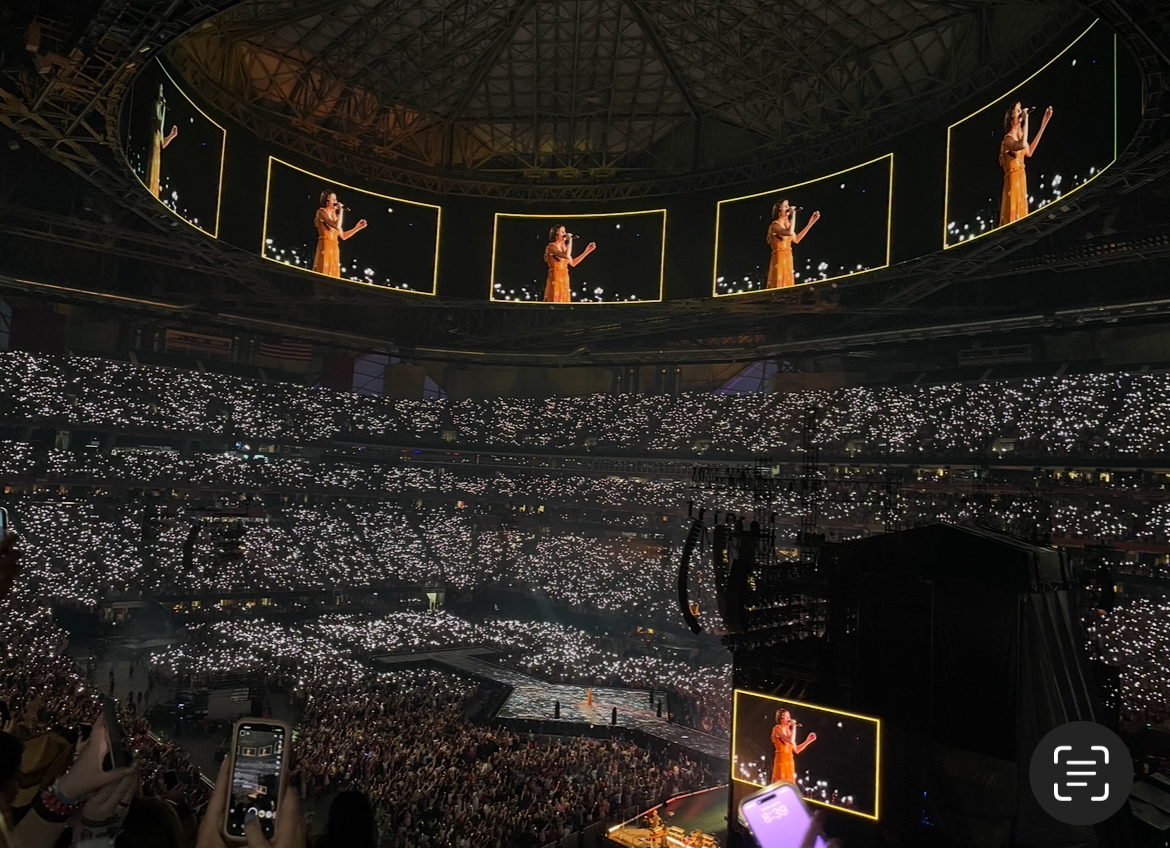

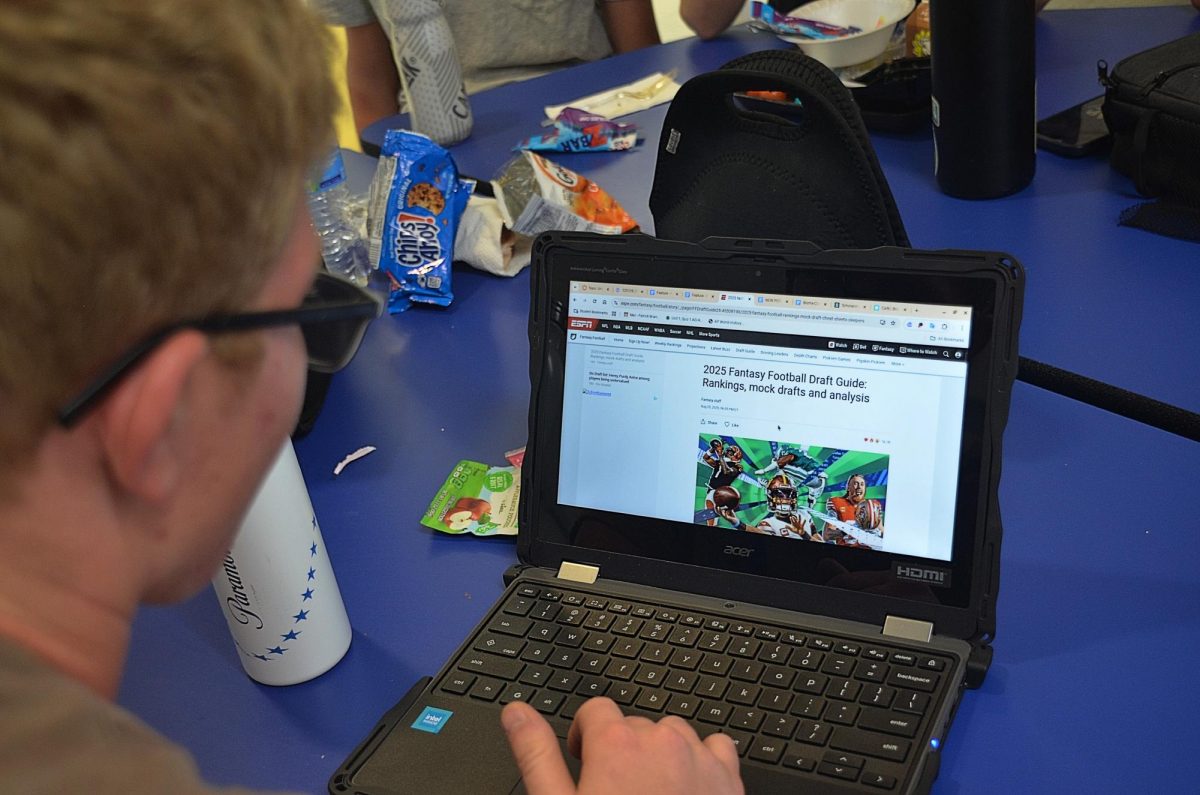


Delphi • Sep 15, 2025 at 10:15 am
This was a great article, Humna! It was an honor to be interviewed. I’m excited to read anything else you put out!